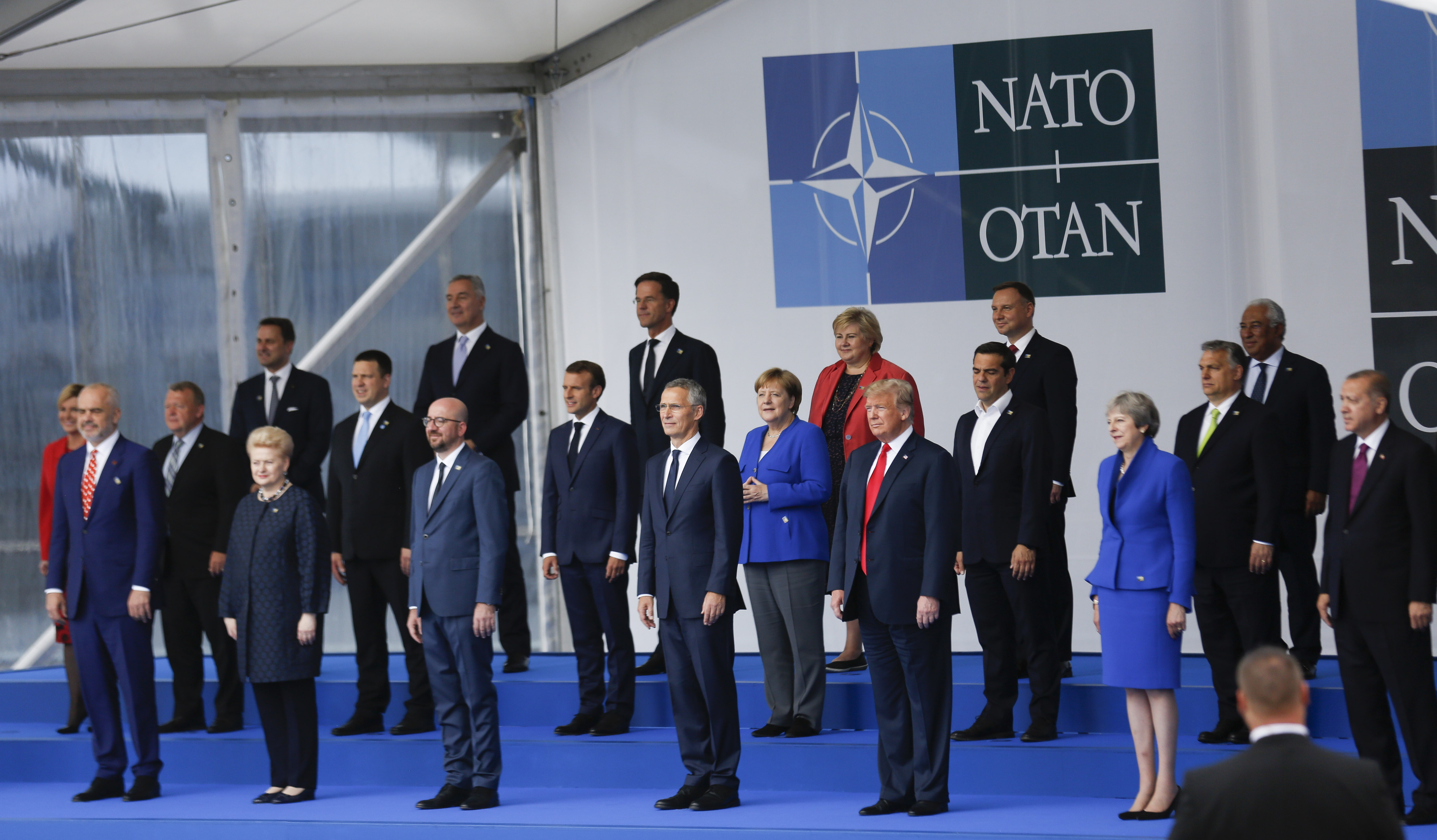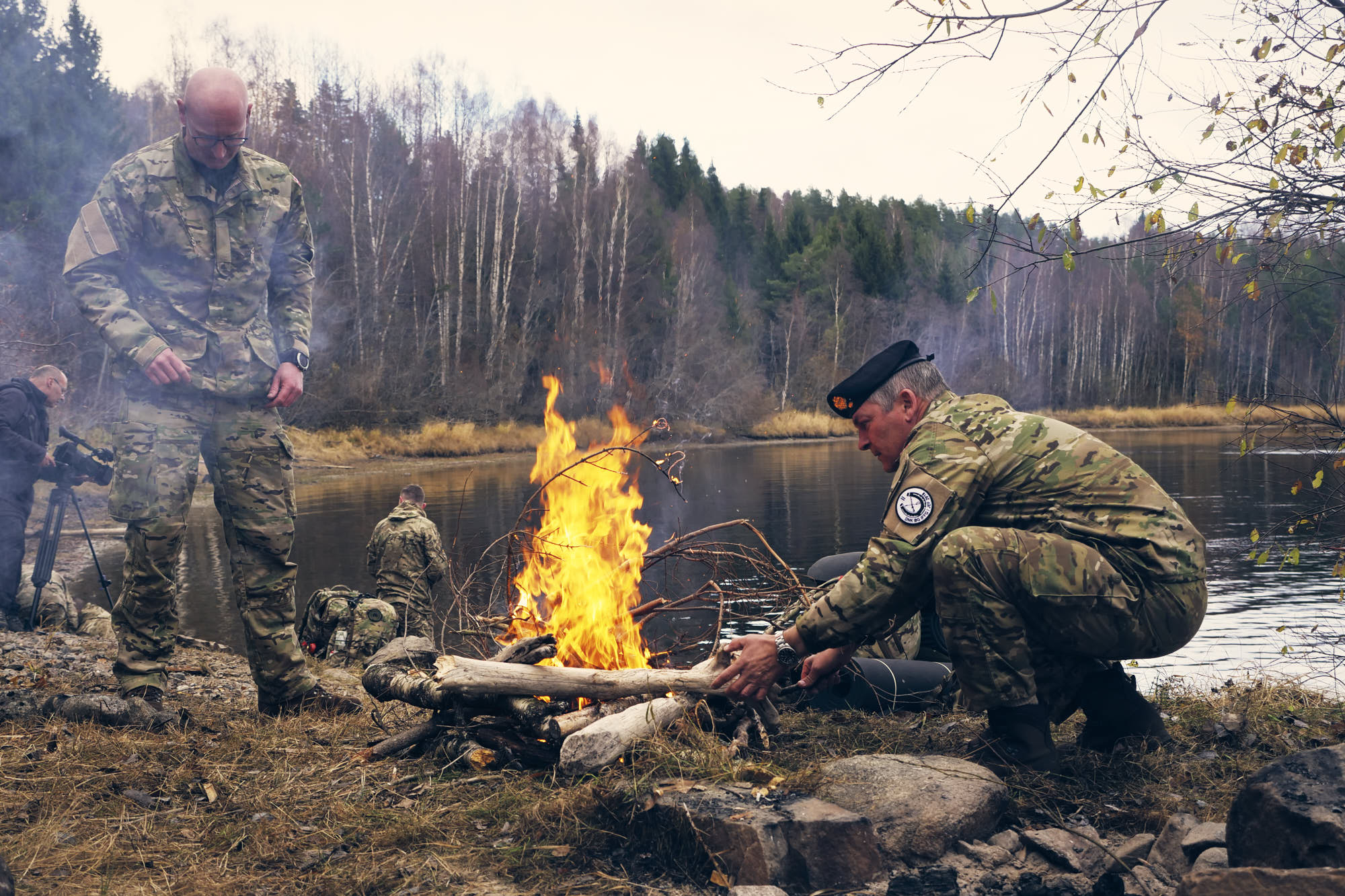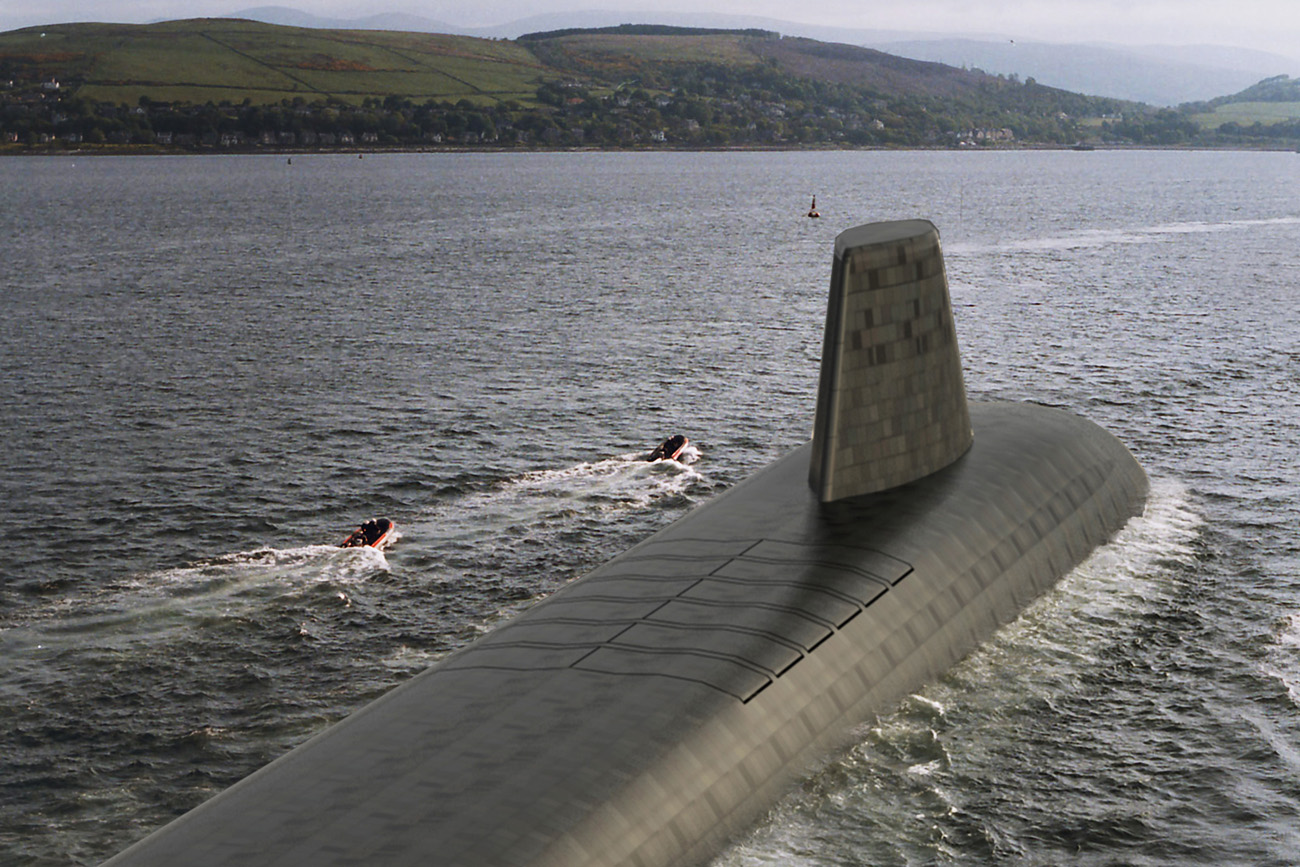
COMMENT: Brexit Means Cuts To UK Defence... And A Job Hunt For Top Commanders

By Christopher Lee, Defence Analyst
'Brexit and UK defence' rarely figures in British headlines. It should because:
- Brexit will reduce Britain to a third-rate military power.
- Brexit means senior international commands will be removed from British officers (this has started).
- It means a major reduction in defence spending.
- And a real reduction in military capability.
- The UK will also lose one of the most senior defence roles in NATO.
The Americans provide the Supreme Allied Commander Europe (SACEUR).
The second-highest military role in NATO, the deputy SACEUR has, since 1951, always been British – presently, General Sir James Everard.
Analysts in Brussels say the job is to be given to someone else, probably French or German.

Why the changes? Political spite? No, it’s a two-part answer.
The first is about the prospects of the UK economy; the second is that the command systems have a major European element especially when an operation may not have direct American or Canadian participation.
It is then a European operation.
Since 2002, NATO and the EU agreed that the Deputy SACEUR runs European Crisis Management when the US is not involved.
The view is that this command must be an EU officer, partly because he or she would have command of EU forces, command intelligence data etc.
An extension of this stripping out the British is the EU decision to remove British EU defence liaison officers (attachés) after 29 March 2019.
The logic? Any command must be European when the command of European assets is paramount. Brexit means the UK does not qualify.
The extent of this agreement among EU ministers has already changed commands.

This week, the British command at Northwood of Operation Atlanta, the counter-piracy group off the Horn of Africa, was taken away from the UK and given to the Spanish, following an announcement in July.
The maritime security command was taken from the Brits and given to the French at the Brest HQ.
The much harder and longer-term Brexit status on the military is in the sums of the new Britain.
Most respected international economic institutions predict that following Brexit, Britain will take a minimum of a decade to financially recover from the move from Europe.
Even Brexiteers have talked in economic decades rather than a couple of years for financial success.
The US Department of Defense has estimated that the UK will not be financially strong enough to be part of the special understanding that the UK, at least, regards as essential to the transatlantic relationship.
More immediately, British domestic politics will have to compensate for the estimated lower exchange rates, trade agreements without special dispensations and adjustments in existing trading and international development programmes.
Watch out for international and national defence contractors selling off assets, rightly understanding that business in the UK after Brexit is not going to like 'the good old days'.
No department is ignorant of the consequences.
Brexit means for the immediate trading years, cuts in the way the British use their budgets.
Defence has just done its promise of spending hikes. The big projects are for the moment at least, established.

The general outlook must include smaller defence budgets and certainly smaller increases. That means cuts in defence projects, reduced training, exercises and flying times.
There will, if economic gloomers prove to be right, need to be a rethink on what the British do about defence for the coming post-Brexit years.
The Right answer: a change in the structure and commitments of British defence.
The Wrong answer? Forget asking UK senior commanders to lobby the international organisation to make the UK see sense.
The commanders with influence will be at home looking for jobs.
One of them could be British defence.









